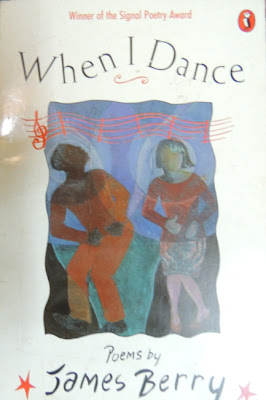Tom Sawyer is no stranger to most bookworms, the epitome of mischief and loafing as he is, Sawyer's enduring evergreen appeal that has lasted over a century can be attributed to his indomitable spirit. In the following lines from the first few pages of the book, Mark Twain kind of sums up the essential Tom Sawyer character for us:
He was not the Model Boy of the village. He knew the model boy very well though — and loathed him.
Within two minutes, or even less, he had forgotten all his troubles. Not because his troubles were one whit less heavy and bitter to him than a man’s are to a man, but because a new and powerful interest bore them down and drove them out of his mind for the time — just as men’s misfortunes are forgotten in the excitement of new enterprises.
(Article by Snehith Kumbla)
Within two minutes, or even less, he had forgotten all his troubles. Not because his troubles were one whit less heavy and bitter to him than a man’s are to a man, but because a new and powerful interest bore them down and drove them out of his mind for the time — just as men’s misfortunes are forgotten in the excitement of new enterprises.
(Article by Snehith Kumbla)





















